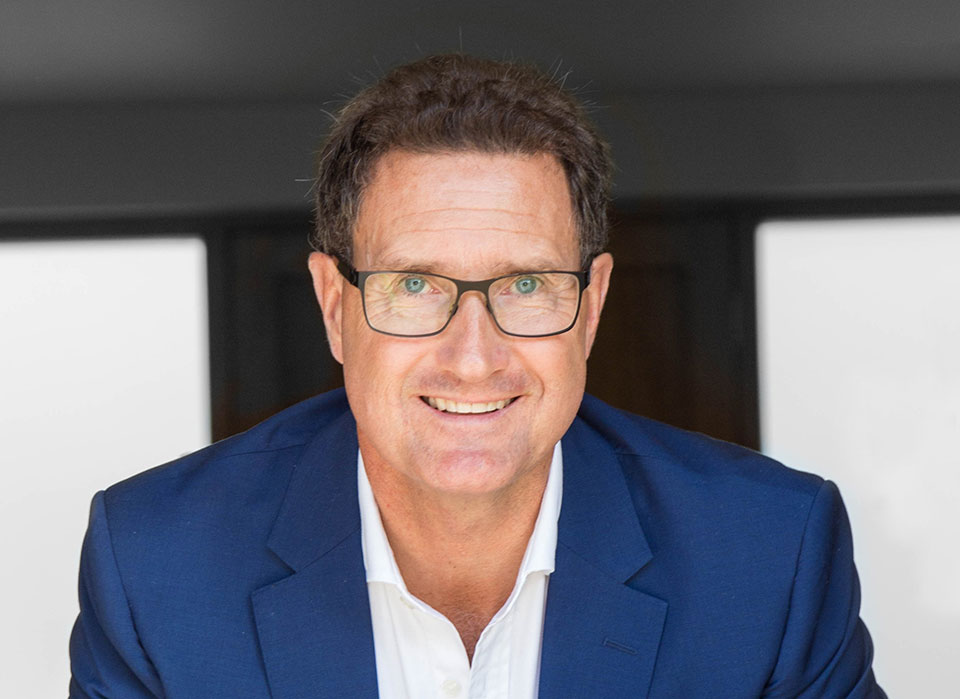Lessons in leadership from this era of uncertainty

I would like to share some of the insights I have gleaned from the delegates of the Leading Change and Embracing Change webinars I have been running since March 2020.
Lessons about change, about anxiety, about coping with uncertainty, about leadership. Several of the insights are revelations. Others are reminders of things we may have forgotten. Each one of them is invaluable:
- Life is inherently uncertain. So is business. This may seem like a ‘Blinding Glimpse of the Obvious’. It isn’t. Accepting this fact is the first step to success in both.
- Change is inevitable. It is not a one-off. It is not a project. It is a constant part of life.
- Change is about people. It isn’t about business models or balance sheets or processes or systems. It is about people. And people are messy, irrational, emotional beings.
- All change is emotional. In fact, emotions are four times more powerful than logic when it comes to change. And the emotions that we experience when dramatic change is thrust upon us are both profound and completely normal. Accepting this fact is the second most important step to building resilience and thriving through uncertainty.
- We can change. In the first wave of the pandemic-induced lockdown, we proved to ourselves that we can change, rapidly, if we have a strong, emotional reason for doing so. We locked down to protect our families, to save our health systems – and we did it wholeheartedly and without a second thought.
- Everyone reacts to change differently. We all erect our own personal barriers to change and these barriers change depending upon the circumstances. Some barriers will only last a few seconds, others can last a lifetime. But we can learn to overcome them.
- Anxiety is real and universal. For so many leaders, anxiety used to be something that allegedly happened to others. Not anymore. They now know that is both real and debilitating – because they have experienced it themselves.
- People need to air their concerns. The moment a leader announces a change, every single person’s mind is abuzz with concerns and implications. It’s completely natural and inevitable. We will only commit to change if we are allowed to air our concerns and fears about it – with no adverse consequences of doing so. Great leaders of change work with their people to understand the consequences, implications and concerns – so that they can then work with their people to overcome them.
- Leaders aren’t expected to have all the answers. They never were expected to. They are expected to care – and engage with their people openly and honestly.
- Strategy must be flexible. And there is strength in flexibility as long as your strategic fundamentals are clear – who you exist to serve and why, what makes you special and why you deserve to succeed.
- Resilience matters. Corporate resilience is built upon personal resilience throughout the organisation. The ability to embrace change is the key skill that we all need to enhance our resilience and for the good of our mental health and wellbeing – at work and in life. Mental health matters: especially the mental health and wellbeing of your people.
- Culture is everything. If your people aren’t ready to embrace change and capable of working together to deliver for your customers, your business will not succeed. And culture starts at the top – with your leadership team.
Business success in this era of uncertainty requires organisations to equip their leaders to lead change and your people to embrace change and look for the opportunities. It is about accepting uncertainty – and thriving. Together.
Leadership today is all about leading change. Unfortunately, history has showed us that the vast majority of change initiatives and business strategies fail – due to leadership. The good news is that the secret of successful leadership in the modern world is clear: successful leaders help their people to want to change.
Written by Campbell Macpherson.
Bring the best of the CEOWORLD magazine's global journalism to audiences in the United States and around the world. - Add CEOWORLD magazine to your Google News feed.
Follow CEOWORLD magazine headlines on: Google News, LinkedIn, Twitter, and Facebook.
Copyright 2025 The CEOWORLD magazine. All rights reserved. This material (and any extract from it) must not be copied, redistributed or placed on any website, without CEOWORLD magazine' prior written consent. For media queries, please contact: info@ceoworld.biz








